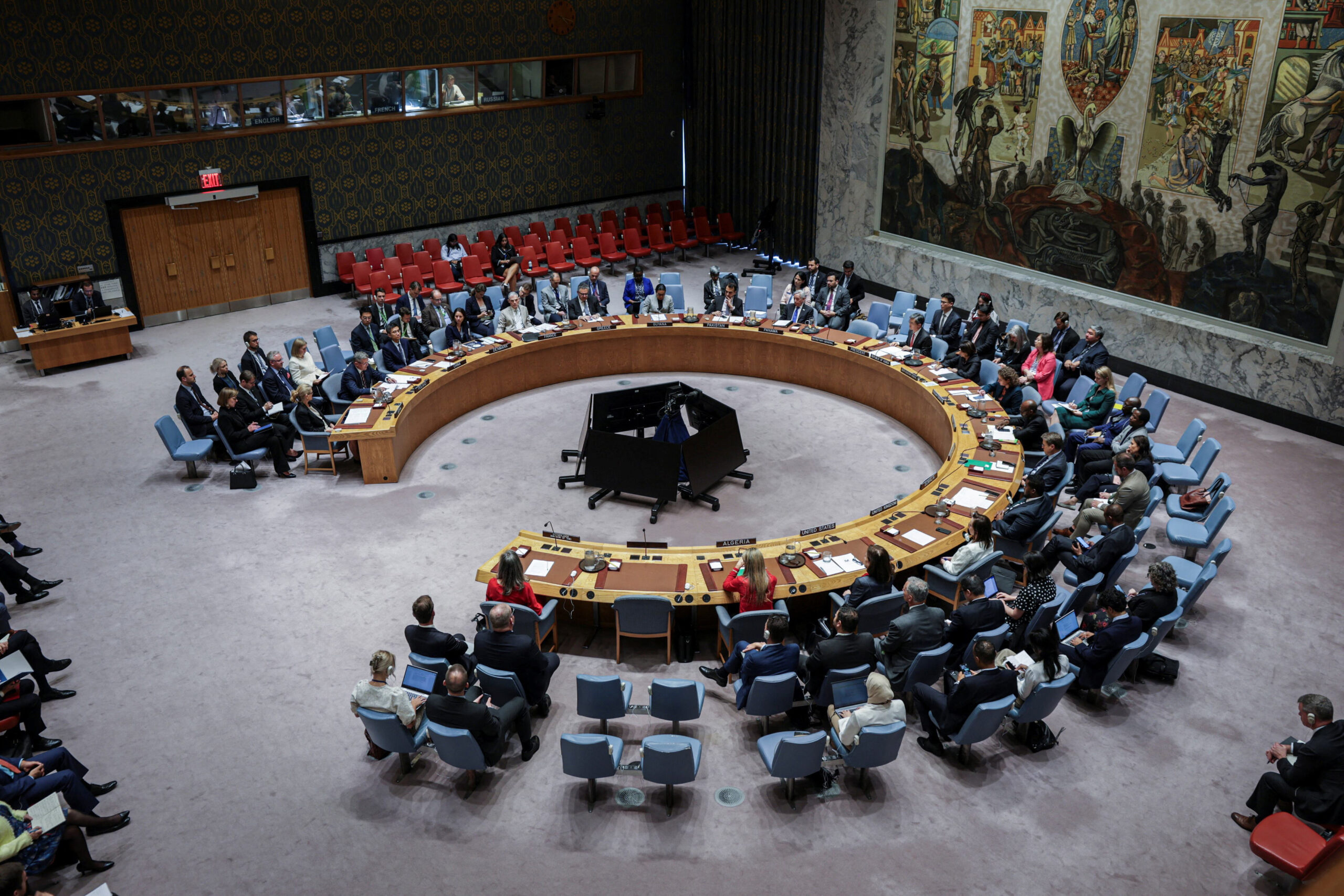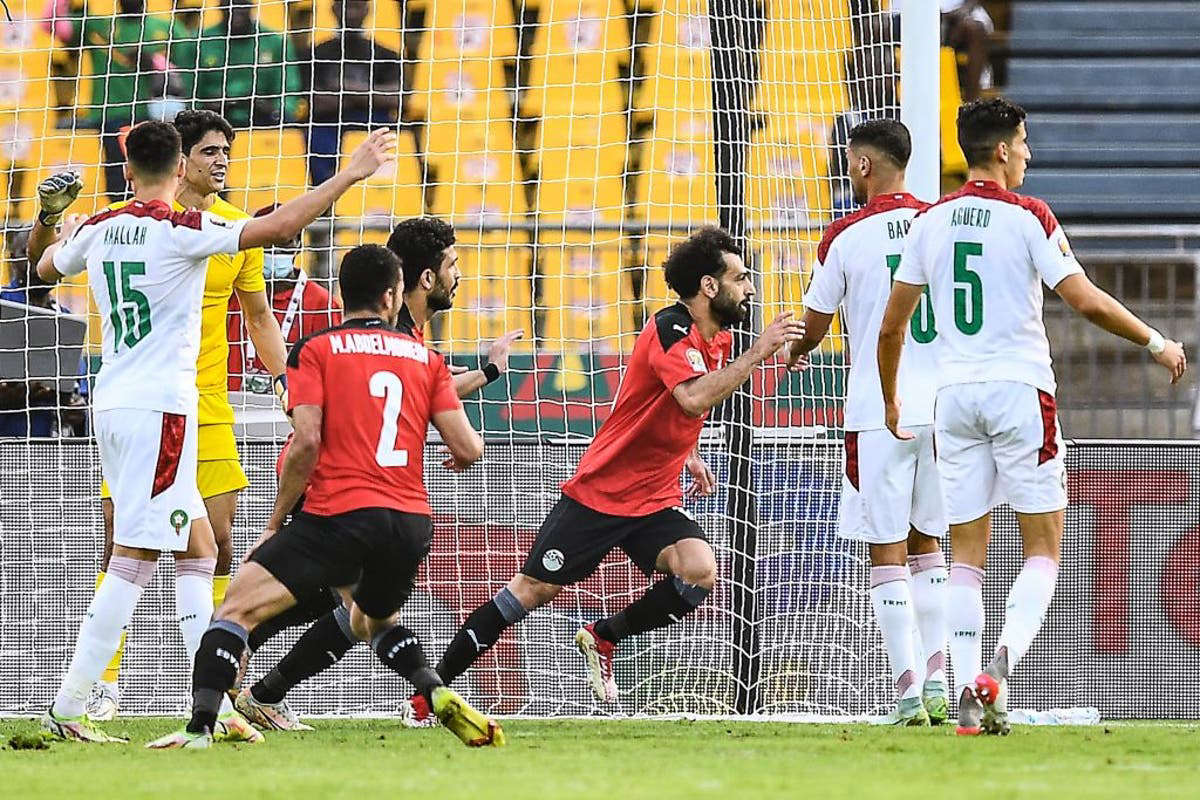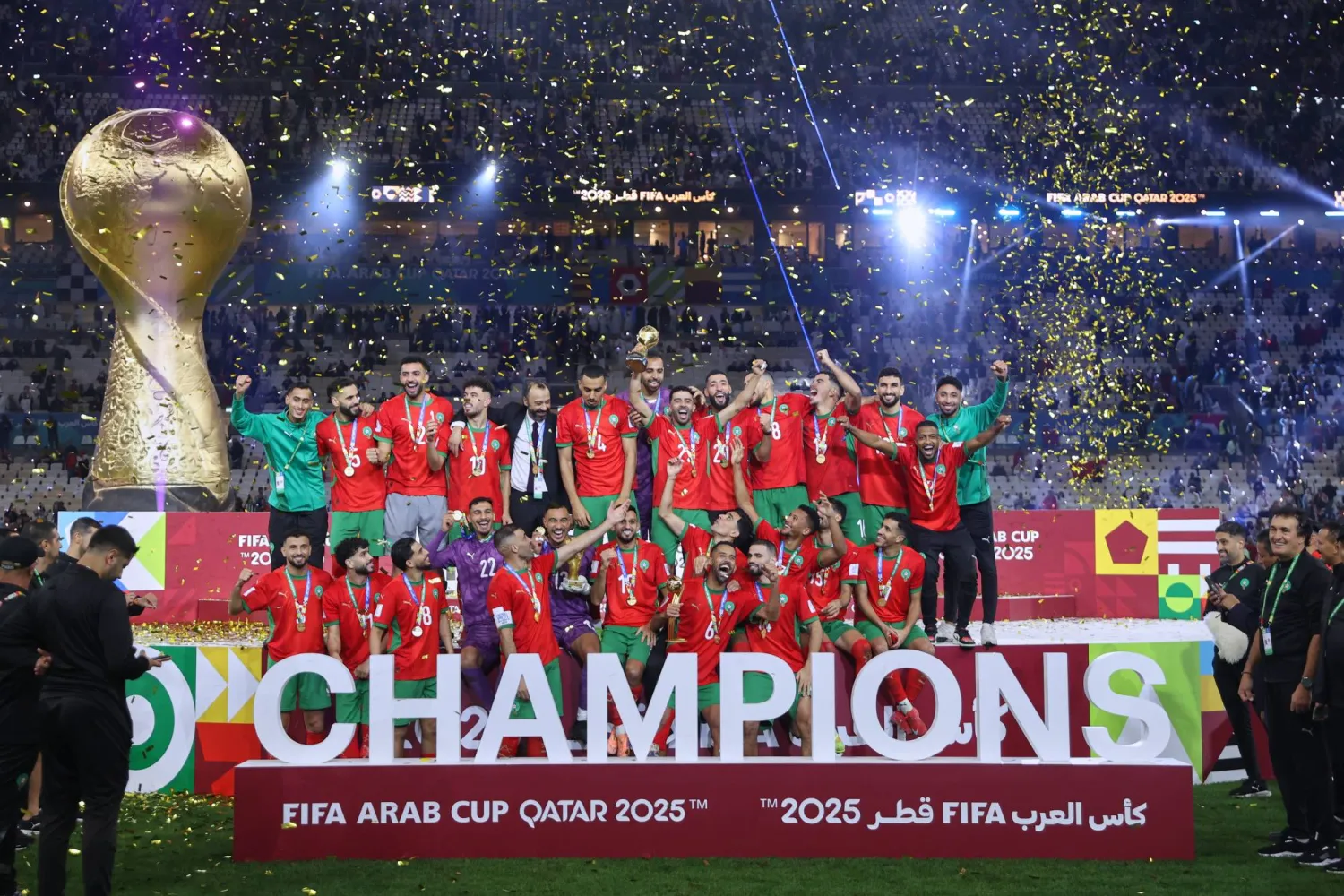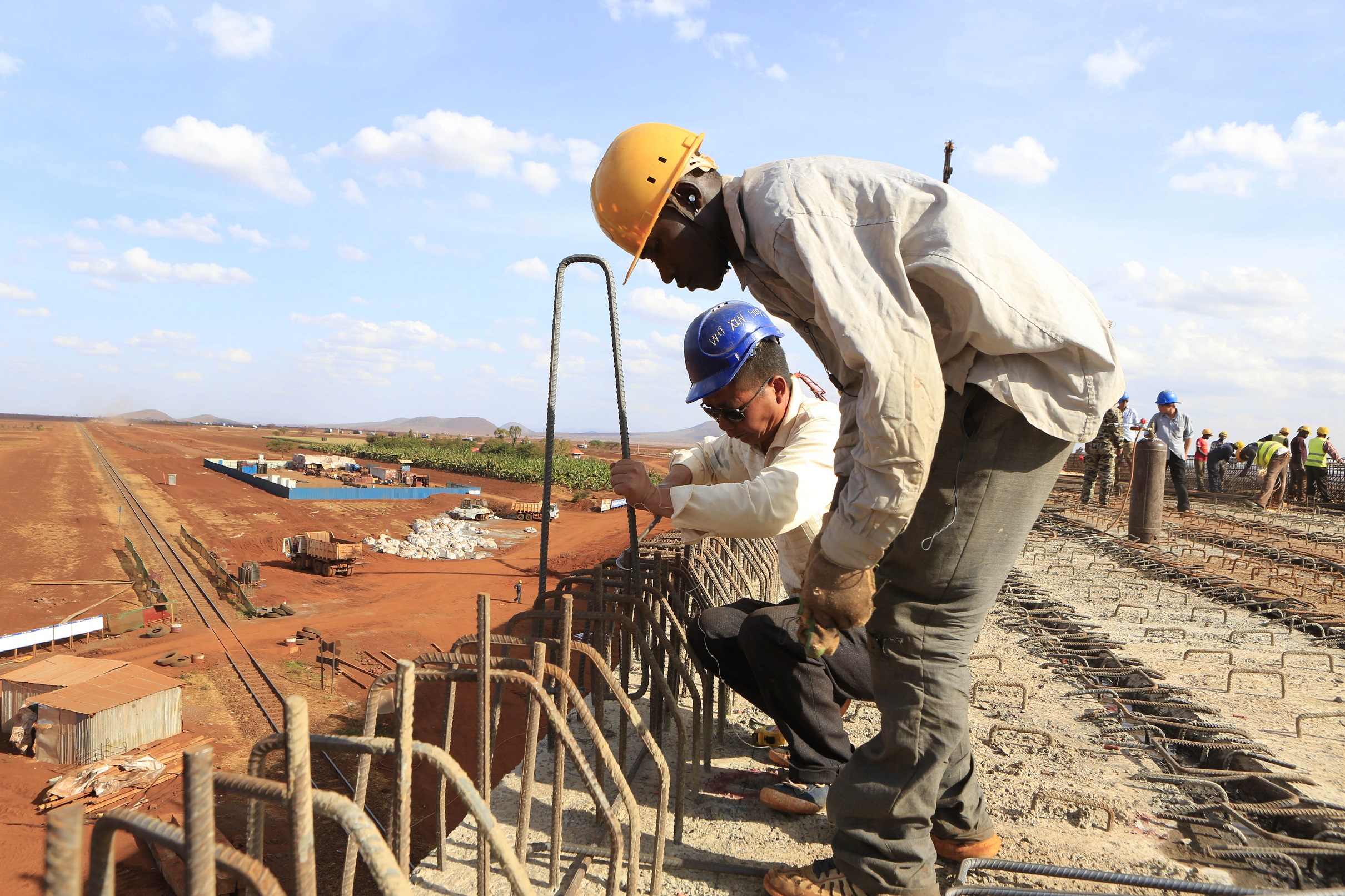Reopening borders and reconnecting peoples, drawing on shared historical ties, will re-build bridges of trust and heal the wounds of the past.
Finally, white smoke rose, not from the Vatican, but from the UN Security Council. It was an historic moment, awaited with bated breath by the world and ending a decades-long stalemate regarding the contrived conflict over the Moroccan Sahara.
Decades of waiting and complexities came to an end with a UN vote for the autonomy proposal under Moroccan sovereignty, with a call for all parties to engage in serious negotiations based on the plan which was first presented by Morocco to the United Nations in 2007. The resolution was backed by 11 out of 15 UNSC members, while Russia, China and Pakistan abstained, and Algeria did not participate. At the same time, the mandate of the UN mission (MINURSO) was renewed for another year to continue monitoring the ceasefire and the situation on the ground.
The resolution consecrates a series of gains by Morocco in recent years towards widening international support for the autonomy proposal. The vote is not a victory for one side over the other, but rather an opportunity to transform the conflict from an historical burden into an engine for regional cooperation.
Moroccan diplomacy, under the leadership of His Majesty King Mohammed VI, has demonstrated its ability to build transcontinental alliances, which extend from America to Europe and Africa. Countries such as Germany, Spain, the Netherlands, the UAE and Senegal have endorsed the autonomy initiative as a pragmatic basis for peace. This support has been not only political but also economic, encompassing agricultural partnership agreements with the European Union covering products from the southern provinces, as well as American and French investments in energy projects. With the adoption of the UNSC resolution, Morocco will entrench its role as an African gateway to Europe, boost economic growth, create more jobs for young people and transform the conflict from a source of tension into a pillar of stability.
Attention now turns to what comes after this historic day and how the provisions of the adopted resolution will translate into reality, particularly in Rabat and Algiers.
For Morocco, the adoption of this resolution means consolidating its territorial sovereignty, directing efforts towards internal development, and strengthening stability in the southern provinces. As for Algeria, which abstained from voting, this represents an historic opportunity to reshape regional policies. Despite internal political challenges, the decision could pave the way for cooperation rather than confrontation. Opening the borders between the two countries, becoming possible with the resolution of the conflict, will unlock unprecedented economic opportunities.
Algeria will benefit from direct access to the Atlantic Ocean via Moroccan territory, hence bolstering its energy exports while reducing transportation costs.
In return, Morocco will gain a vast Algerian market for its industrial and agricultural products, revitalising the Arab Maghreb Union which is hence able to emerge as a powerful economic bloc.
Such a development would pave the way for regional integration and give the bloc’s member-states greater negotiating clout vis-à-vis global powers, amid energy crises and climate change challenges, while Algerian energy resources and Moroccan renewable energy can be channelled into joint projects.
As for the Polisario Front, autonomy offers a realistic option that preserves the rights of the people of the Moroccan Sahara, without the need for a referendum that has lost its political relevance. It will end the suffering of refugees in the camps and open the doors to shared development.
Mauritania, for its part, will benefit from regional stability, as security cooperation will reduce cross-border threats stemming among others from terrorism and organised crime and boost cross-border trade, hence shoring up the country’s emerging economy.
On the security level, resolving the conflict will contribute to strengthening stability in the Sahel and Sahara region, where Morocco and Algeria, as regional powers, can cooperate in combating terrorist groups and smuggling.
This cooperation will shield the region from the repercussions of global conflicts, including tensions in the Middle East and the Ukraine crisis, and position the Maghreb to be a reliable partner for the European Union in managing irregular migration and energy.
Socially and culturally, reopening borders and reconnecting peoples, drawing on shared historical ties, will re-build bridges of trust and heal the wounds of the past.
The time has come to engage in genuine dialogue that transforms the conflict into an opportunity. Morocco has offered a successful development model, with projects such as solar energy in Laayoune and ports in Dakhla, which can be enlarged to form regional partnerships. Algeria, for its part, can transform its energy resources into a tool for joint development, instead of exhausting them in a conflict that hinders progress.
The voted resolution is not an end in itself, but rather the beginning of a “win-win” phase, where Morocco consolidates its unity, Algeria gains a strategic partner, while the Sahrawi people achieve an autonomy that guarantees their rights. In the meanwhile, the region achieves stability that enhances its global standing.
“There is a before October 31, 2025 era, and an after October 30,” said His Majesty King Mohammed VI, who emphasised in his address to the nation after the UNSC vote: “We are starting a new chapter in the process of consolidating the Moroccanness of the Sahara, and closing, once and for all, this fabricated conflict, within the framework of a consensual solution based on the Autonomy Initiative.
“This is a pivotal moment and a crucial turning point in the history of modern Morocco,” he pointed out.
Mohammed VI called upon the Sahrawi people of Tindouf to join Moroccan territory and benefit from the opportunities offered by autonomy to contribute to managing their local affairs and developing their homeland. He also called upon Algerian President Abdelmadjid Tebboune for “a sincere and fraternal dialogue between Morocco and Algeria to overcome differences and build new relations based on trust, brotherhood, and good neighbourliness,” reiterating Morocco’s commitment to continue working towards the revitalisation of the Arab Maghreb Union, based on mutual respect, cooperation and integration among its five member states.
This moment of truth is not only a step towards peace for Morocco, but also an historic opportunity for Algeria to free itself from the burden of a conflict that has drained its resources for decades. With the two countries turning the page of the past, the horizon will open to a new era of cooperation and shared development, benefiting both peoples and strengthening the Maghreb region’s position in the world.
This UN resolution invites us to reflect on the future: will we remain mired in a stalemate, or will we invest in peace? The royal vision has offered an answer to that very question … Let those with kind words speak, or remain silent as peace awaits us.
Written By: Mohammed El-Houni




